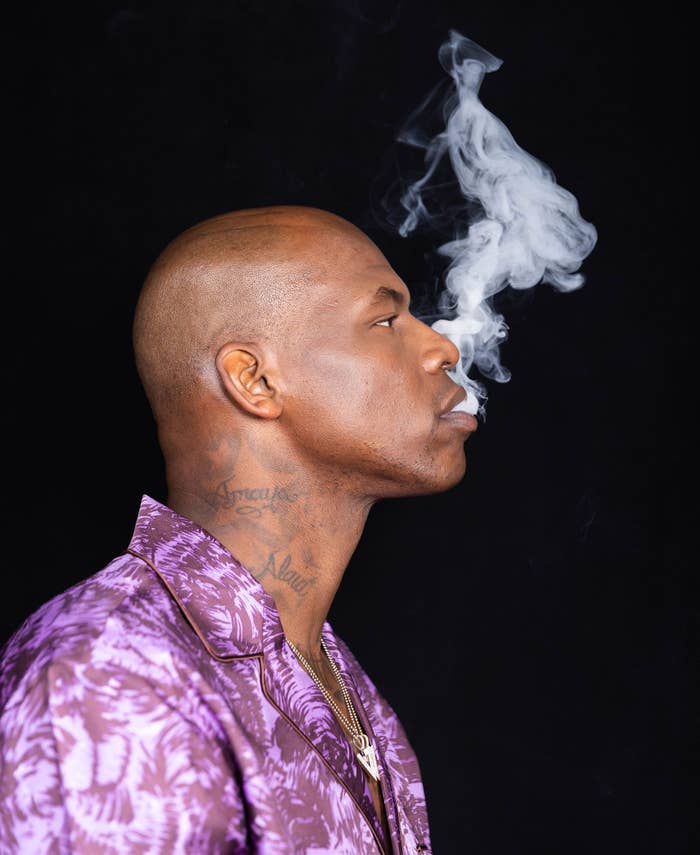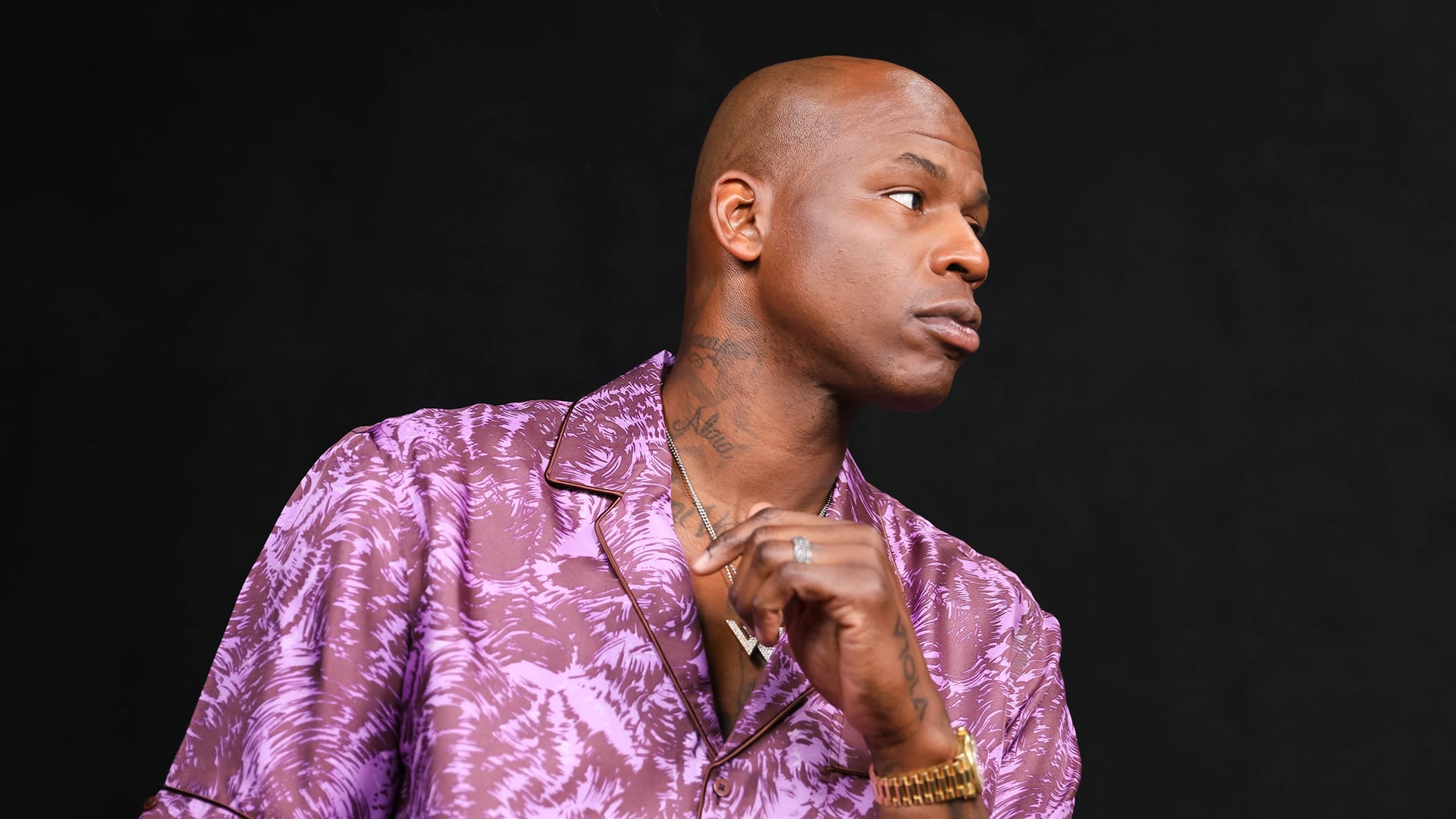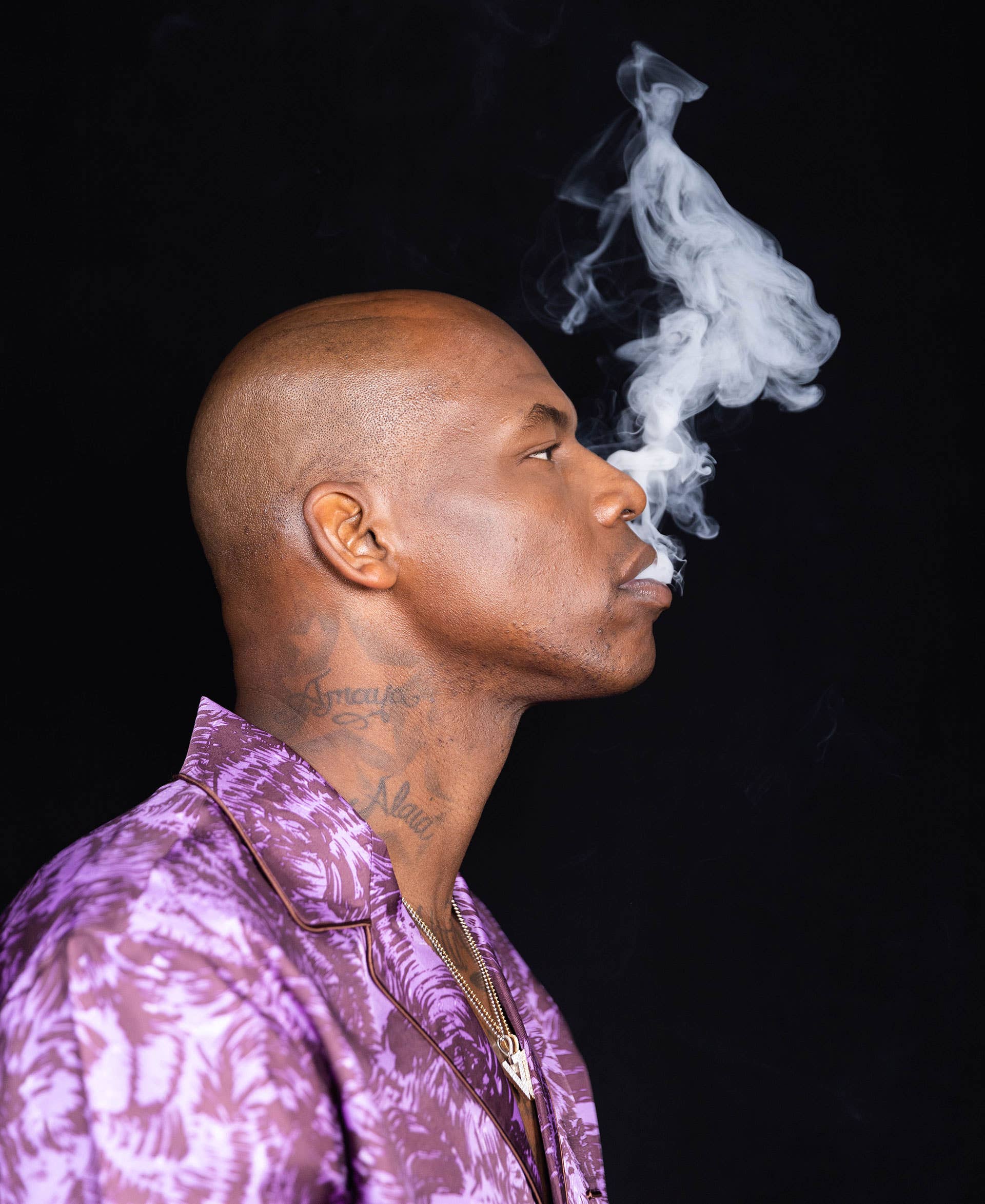
When it comes to modern NBA legends, Al Harrington has got to be one of the most supremely underrated. But if the player never grabbed headlines or won accolades as showily as some of his most famous competitors, there’s one area in which he’s already left an indelible mark: the cannabis industry, where Harrington’s Viola brand continues to thrive as one of the most respected and credible names in the business.
Harrington founded Viola in 2011, and suffice it to say, the company was what you would call pioneering—they were making waves a time when the idea of federal legalization still seemed like a pipe dream, fighting against the social stigmas that plagued marijauna and planning for a future where weed could be accepted as the harmless recreational product that it is. History, obviously, has proven Harrington correct, and Viola is unsurprisingly one of the leading wholesalers and producers of premium cannabis products anywhere.
This month, Viola officially launched a suite of its products in Canada, in a distribution deal with biopharmaceutical company Avicanna, being made available nationwide via the Medical Cannabis by Shoppers online platform. To celebrate Viola’s entry into the Canadian marketplace, we caught up with Harrington by phone to talk about the landscape of cannabis, drug testing in the NBA, and why everyone in the league used to smoke pot but had to keep extremely quiet about it.
Congrats on the Canadian launch. How did it come about?
I was up there four years ago when legalization happened, just looking around, seeing if I want to get involved. At the time there was a lot of challenges. It was early, and for me, it wasn’t the right time. But later I was working on my CBD-focused company, and I met some people up there and we just hit it off. We talked about our vision and where we saw the business going, and we really just aligned. We’re really excited about launching our vapes and our sublingual spray. Shoppers is a great partner. They’ve been really helpful for us achieving our goals in the great country of Canada.
I was reading a study recently that said that cannabis industry leaders in Canada are 84 percent white. Viola’s mandate is to promote diversity, so I wanted to know what can be done to change that in the field.
It’s a long-winded answer, but the main thing is more equitable opportunities need to be created for people of colour. The way that the industry has been run to this point is that it’s set up to look the way it looks. We don’t have, as people of colour, the resources that our white counterparts do. And then when you make things so expensive in regards to allowing us to participate, everything from the way the tax structure is set up, it leaves us with literally no option but to watch from the sidelines—even though our communities were the ones most affected and destroyed by of generational wealth.
Have things like Black Lives Matter had an impact on that?
I feel like because of Black Lives Matter, it’s making people who don’t look like us pretend like that’s something they care about. It’s like, oh yeah, Black people need to get a fair shot! They’re speaking on that, but only in a way that benefits them, and not in a way that helps benefit people who actually need it, the people of colour who deserve to actually participate and deserve a stake in the ownership of it.
So what needs to happen?
I think the lawmakers and the decision makers need to sit down in a room with other entrepreneurs that are black or people of colour and come up with a game plan of how we can participate. Because the way it’s happening now with all these conglomerates, all the consolidation happening, we’ll never be able to play in the game. They’ll have too much control and too much power. My fear is that it will turn into another industry that people of colour help found. It’s not fair. We need to find new ways to participate now instead of ten years from now.
“When I played in the NBA until now, finding a new way to take care of my family is the same reason why 40,000 people are still locked up. It don’t sit right to me.”
What about ten years ago—you’ve been doing this for a decade. How much has the landscape of cannabis changed in that time?
Oh my god, it’s changed drastically. When it first started, no one wanted to be affiliated with it. I met with so many people then who now I see are in the space. It’s a gold rush now, as they say, and everybody is trying to come in and create brands. It’s become very crowded and competitive. From when I first started to now it’s just totally different. Nothing’s the same, to be totally honest with you. It’s now a thing that everybody wants to be a part of.
On the other side of the coin, we’re still seeing thousands of people who have been incarcerated on petty drug charges who haven’t been freed even as the weed that put them there’s been made legal. I know you’ve called for pardons and been involved in making that change happen. But what needs to happen to really make it change?
I think everyone in the industry needs to make it a point of emphasis. We can’t forget about the people who actually created this opportunity. For me, when I played in the NBA until now, finding a new way to take care of my family, is the same reason why 40,000 people are still locked up. It don’t sit right to me. How as a human can that feel right? So we need to use our resources to elevate awareness around the issue, but also just drop dollars to it. We need people who are constantly lobbying. My biggest goal on that is to see all of us doing it one way, around one initiative. There are so many people trying to figure it out, but in silos. We need to put all our resources into one alliance, in one direction. That could get it done.
Something else you’ve been involved in is changing the NBA’s attitude toward marijuana. Do you think the NBA is listening? Have things changed?
They’ve definitely changed. This is year three where they’re no longer testing, which is huge. They won’t go back in that direction. I think they’re waiting before they decide to complete take it off to see how the players react. I take my hat off to players for that. I mean, I was in a market where cannabis was legal, and I saw a current NBA player walk in. It was eye-opening. It was just like, wow. The players are very professional about their use. They look at it like alcohol. You use it after to the game to relax with your friends. At the level they play at, they would never smoke before a game. It’s like doing five shots and a beer before the game. And because of that, there hasn’t been any real issues at all around players using cannabis.
“I never thought I could smoke weed and make it to the highest levels of the league, but these guys actually have. It’s an intricate part of our community and our culture.”
Do you think that lack of testing has changed the culture a bit in the NBA?
Well, you used to have guys going out, going crazy, getting DUIs, and you haven’t seen any of that in the last three years, alright? I feel like this is just mellowing everybody out. It’s an alternative way to help guys cope with things outside the game. And remember, that’s most of their life. The game is two hours a night. The other 99 percent of the time they have to live real life. And we all deal with shit, right? Just because you’re rich doesn’t mean you don’t have any problems.
When you were in the league, do you think players used weed just as much, but were simply more quiet about it?
Yeah, I think the usage was the same. It was like the best kept secret. But I think that, to your point, there was a time in the league when jobs were competitive, playing time was competitive, and you never wanted anyone to have anything on you. If I do smoke, I don’t want you to know I smoke, because I don’t want you going to the coach and saying, “You know, Al might have been high last night!” It’s like, you still have bullshit that happens. Some of the big guys might be more open about it, but the tenth man, the ninth man, he’d be quiet about it. Some people you could tell. You’d go up to their floor and it would always smell like strawberries, and you were like, I know what’s going on here.

Have you been able to talk to athletes about their usage more openly now?
Yeah. I remember the first time talking to some athletes about when was the first time they smoked, and being amazed—you would hear shit like, 11 or 12 years old. My mindset, I was afraid of it, and I figured if I smoked weed at ten years old I’d still be living on the corner in New Jersey. I never thought I could smoke weed and make it to the highest levels of the league, but these guys actually have. It’s an intricate part of our community and our culture. In my time, because of the random tests, some guys didn’t smoke it, but as soon as the season was over, they smoked it as soon as they could get their hands on it.
You do still have some weird issues, like with Alex Caruso last season. It just seems crazy to me because here there’s a dispensary on every block.
And here too! It’s going to be come fully legal here soon. It’s a matter of if, not when. But I think with the Alex Caruso thing, it was a time in the summer when there was no content. He got caught in the airport with like, a couple grams of weird. Guys. Come on. It’s not even newsworthy. There was nothing else to talk about so they ran that.

